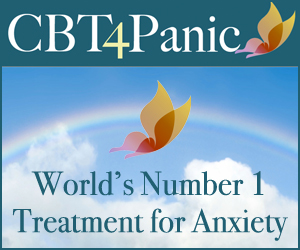Main Causes of Memory Loss
Memory loss can be attributed to various factors, ranging from medical conditions to lifestyle choices. Here are some of the primary causes:
- Head Injury: Trauma to the head, such as a concussion, can damage the brain and impair memory.
- Brain Disorders: Blood clots, tumors, or infections in the brain can disrupt normal brain function and lead to memory loss.
- Medical Conditions: Problems with the thyroid, kidneys, or liver can affect cognitive functions, including memory.
- Medication Side Effects: Some medications can interfere with cognitive processes and lead to temporary or permanent memory issues.
- Mental Health Conditions: Depression and anxiety can significantly impact memory and concentration.
- Substance Misuse: Misuse of alcohol or drugs can damage brain cells and impair memory.
- Sleep Problems: Chronic sleep deprivation or disorders like sleep apnea can affect the brain’s ability to consolidate and recall memories.
- Nutritional Deficiencies: Low levels of essential nutrients, such as vitamin B12, can lead to cognitive impairment and memory loss.
Other Factors Affecting Memory
In addition to the primary causes mentioned above, several other factors can influence memory:
- Stress: Chronic stress can lead to the release of cortisol, which can negatively impact the brain’s ability to form new memories.
- Aging: Normal aging can lead to gradual memory decline due to changes in brain structure and function.
- Chronic Diseases: Conditions such as diabetes, hypertension, and heart disease can affect blood flow to the brain, impacting memory.
- Dehydration: Lack of adequate hydration can impair cognitive function and memory.
- Diet: Poor diet lacking in essential nutrients and healthy fats can affect brain health and memory.
- Social Isolation: Lack of social interaction can lead to cognitive decline and memory issues.
- Genetics: Some individuals may have a genetic predisposition to conditions like Alzheimer’s disease, which significantly affects memory.
- Hormonal Imbalances: Changes in hormone levels, such as those experienced during menopause, can impact memory.
- Chronic Pain: Persistent pain can divert mental resources away from memory processes, leading to impairment.
- Environmental Toxins: Exposure to certain chemicals and pollutants can damage brain cells and affect memory.
Conclusion
Memory loss can result from a variety of causes, including medical conditions, lifestyle choices, and environmental factors. Understanding these causes and how they interact can help in managing and potentially mitigating memory-related issues. If you experience significant memory problems, it’s essential to consult a healthcare professional for a comprehensive evaluation and appropriate intervention.



